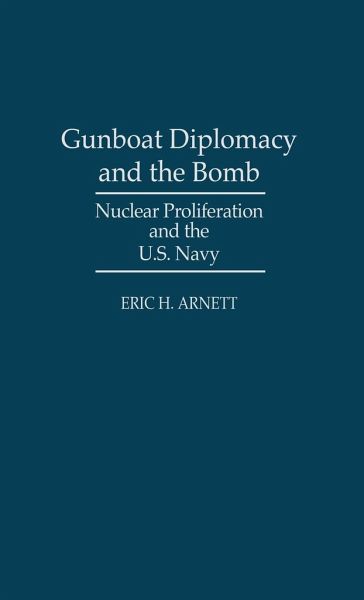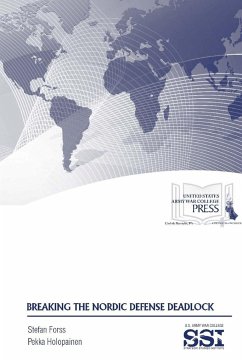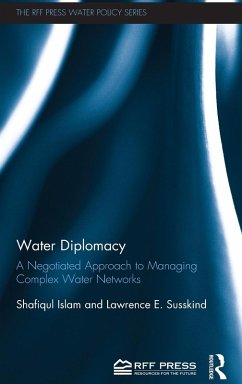
Gunboat Diplomacy and the Bomb
Nuclear Proliferation and the U.S. Navy
Versandkostenfrei!
Versandfertig in 1-2 Wochen
69,99 €
inkl. MwSt.

PAYBACK Punkte
35 °P sammeln!
In this powerful new analysis of the importance of U.S. nuclear proliferation policy, Eric H. Arnett realistically assesses the impact of nuclear proliferation on the ability of the United States to protect what is currently perceived to be its interests. The book offers a thorough review of the effects of nuclear weapons on U.S. power projection forces, the current capabilities of proliferant countries, and the ability of these proliferant to successfully deliver their nuclear weapons. Arnett constructs scenarios that test the relevance of the proliferant arsenals to U.S. capabilities, and pr...
In this powerful new analysis of the importance of U.S. nuclear proliferation policy, Eric H. Arnett realistically assesses the impact of nuclear proliferation on the ability of the United States to protect what is currently perceived to be its interests. The book offers a thorough review of the effects of nuclear weapons on U.S. power projection forces, the current capabilities of proliferant countries, and the ability of these proliferant to successfully deliver their nuclear weapons. Arnett constructs scenarios that test the relevance of the proliferant arsenals to U.S. capabilities, and probable willingness, to protect its interests in future crisis. Using India, Iran, and Libya to present these scenarios, the book questions whether a proliferant would be immune to intervention from a nuclear superpower or, rather, immune to the purported benefits of nuclear deterrence. With a special focus on U.S. naval power, this book asks whether nuclear proliferation will limit options and opportunities the U.S. would otherwise have. Will the U.S. have to forego certain regional interests in the face of nuclear attacks on ships and bases? Would the Navy have struck Benghazi had Qaddafi deployed a small nuclear arsenal? Will the Freedom of Navigation Program have to be abandoned in some cases? Or will the U.S. Navy be able to cope through modifications to forces and tactics, as more countries cross the nuclear threshold?












